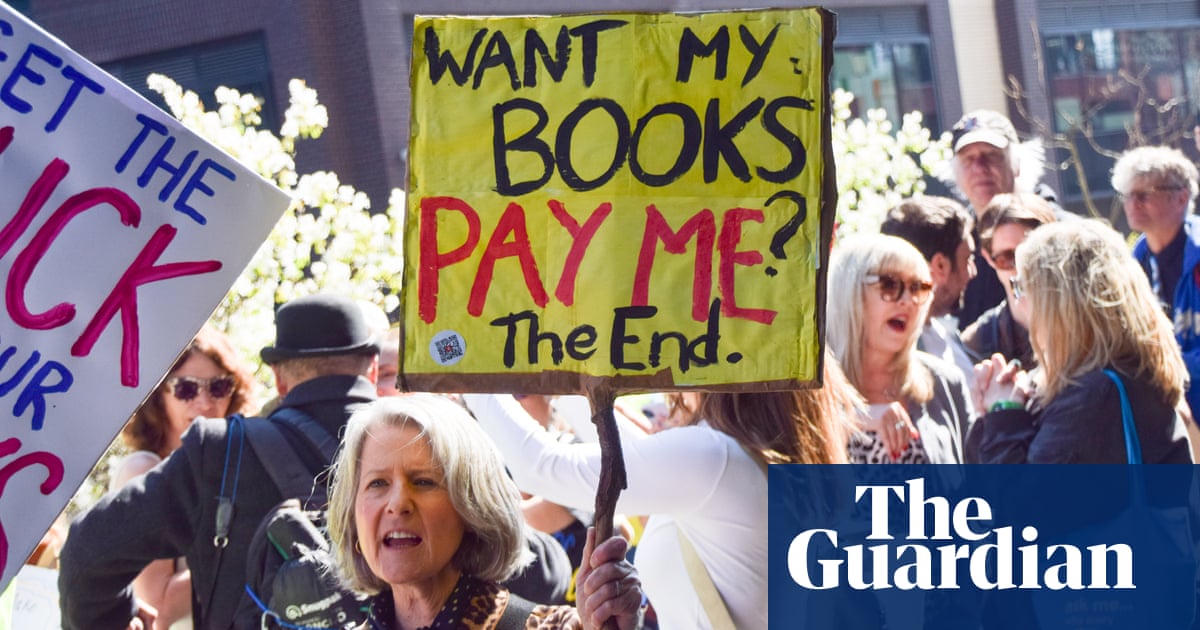Keir Starmer is facing a growing internal backlash over the potential approval of a giant new oilfield, after Treasury sources indicated Rachel Reeves was likely to give it her backing.
MPs described a “breaking point” in relations and called for Starmer to reiterate his own commitments to no further oil and gas licences. The proposed Rosebank development was given the go-ahead in 2023 but was ruled unlawful by a court last week.
The energy secretary, Ed Miliband, has previously described the licence issued to Rosebank as “climate vandalism” – setting up a potential major clash between his department and the Treasury.
Reeves is understood to be supportive of a new application for environmental consent, with allies suggesting that would not violate Labour’s manifesto, which promised not to issue new exploration licences, but not to cancel ones that have already been issued.
Miliband’s department is due to publish new guidelines in late spring which could scupper any attempt by the oil companies to successfully resubmit their applications.
Climate-concerned MPs are likely to make their appeals directly to Keir Starmer about the importance of being seen to stand by the party’s manifesto commitment of no new oil and gas licences.
Anger is widespread even among centrist Labour MPs who have been major champions of infrastructure.
It is understood the Labour Growth Group – a large influential caucus of mostly new Labour MPs who have pushed hard on announcements on housing and infrastructure – will not take a position backing Rosebank. The group did give its backing to Heathrow expansion which was announced by Reeves last week.
MPs said more criticism would be forthcoming if approval was being pushed by the Treasury. “This is absolutely a line in the sand for almost everyone in the PLP. This goes specifically against what we said we were about,” one MP said.
“This would be a breaking point for a lot of us,” another MP said. A third said: “We have to send a signal to workers, not just oil giants, that we know what [energy] transition really means. If we don’t build up domestic supply chains and manufacturing for renewables, oil workers will have nowhere to go. They won’t thank us for that.”
A fourth Labour MP said it was important to make the case that new oilfields should not be seen as an automatic growth advantage. “You’re banking on what could potentially very quickly become stranded assets, and the profits go to private companies but it’s the public sector that will end up clearing up the mess.
“That is not a good investment and I think there are some of my colleagues that sort of think that all growth is good and that’s actually economically illiterate.
“The new intake are very clear. If Trump is closing his door on green investment, we should be opening the door to green investment. The Americans are going to miss out. We don’t want to.”
The backlash against Rosebank would be “much much bigger” than on Heathrow, another MP said. “It says a worrying thing about our political strategy,” they said. “There was a quite clear line on all of this stuff. And then if you get panicked just by a couple of headlines in the Daily Mail, then that as a narrative feels a bit worrying.”
“They can hold the line that you can make electric planes but digging up a tonne of oil really isn’t anything other than environmental vandalism,” another MP agreed. “Rosebank is fundamentally a disaster.”
Five Labour MPs, including three who chair different all-party parliamentary groups on climate and renewable energy, wrote a letter to the Times on Monday, criticising the automatic link made between new oil fields and economic growth – with a veiled reminder of Labour’s green electoral platform.
“Labour’s mandate is clear: the country wants a decisive shift toward a future with cleaner, more secure energy,” it said, signed by Luke Murphy, Polly Billington and Alex Sobel, Peter Swallow and Abtisam Mohamed.
Another member of the climate APPG, MP Uma Kumaran, tweeted after the ruling: “Britain’s future lies in clean energy, not more oil and gas.
Former shadow ministers Sarah Champion and Barry Gardiner both said the government must rule out any further development. “Approving the Rosebank operation is simply not compatible with our climate goals,” Champion said. Gardiner said it was a test whether the chancellor was “willing to abide by her manifesto commitment.”
Two other key factors will be the view of Scottish Labour and the GMB trade union who are pushing hard for the development to be approved. A significant number of cabinet ministers are members of GMB.
Scottish Labour leader Anas Sarwar has hinted he expects the government to honour the previous commitment to grant the licence – but a number of new Scottish Labour MPs are opposed.
The Rosebank row opens Scottish Labour to criticism from all sides, as seen on Monday when voices from across the political spectrum in Scotland attacked Starmer’s “broken promises” after the new boss of GB Energy, Jürgen Maier, admitted in his first broadcast interview the prime minister’s pledge of 1,000 jobs for Aberdeen could take 20 years.
Miliband’s guidelines will be the result of a consultation into how emissions caused by the burning of oil and gas extracted from energy projects will be accounted and allowed for in planning applications, stemming from the landmark Horse Hill judgement handed down last year. Oil and gas companies are lobbying for a looser interpretation.
Tessa Khan, founder of climate campaign group Uplift, which brought the case against Rosebank, said she was “confident” the guidance would preclude the new oilfields. She said: “We think the climate case against Rosebank is watertight – there is just no way you can accept we are in a climate emergency and approve a massive new oilfield.”

.png) 2 months ago
25
2 months ago
25













































